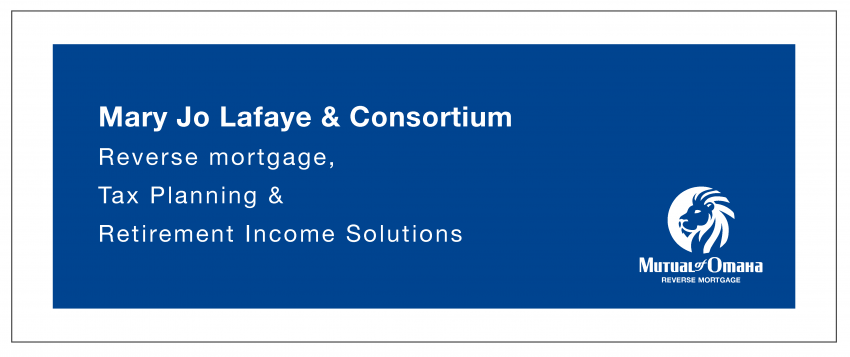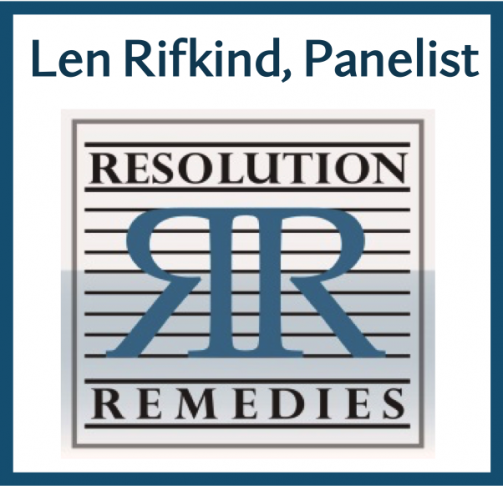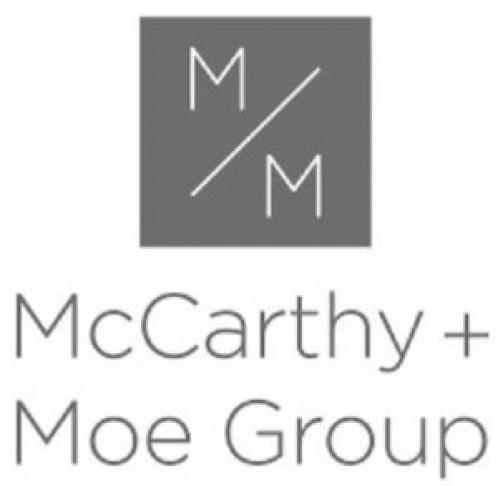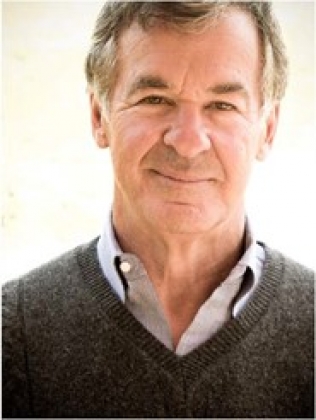Love, Death and Money; to Caucus or Not to Caucus
SPEAKERS
Gary J. Friedman
| Mediation Law Offices
When was the last time your mediator conducted a Joint Session? Most parties don’t want them, and their use has become controversial. In this program, you will learn WHY Joint Sessions are useful tools, and HOW they can be used most effectively. You will also learn how to use a Joint Session to “bring down the heat” in high conflict disputes in order to achieve a full and satisfying resolution.
World renowned mediator, teacher and group leader Gary Friedman has mastered the art of the Joint Session, and is here to share his ideas with you, whether you are a mediator or a litigator mediating on behalf of your client. Gary explains how separate caucusing with each side results in the mediator being the only participant with the full picture and turns the mediator into a judge or arbitrator. Simply stated, the parties should be the ones to resolve their dispute.
Join your ADR and Litigation Section colleagues to perfect this important tool for conflict resolution!
1.0 CLE will be provided.
Registration Fees: $20 for ADR & Litigation Section Members; $30 for MCBA Members; $50 for Non-Members.
Susan Feder and Hon. Lynn O’Malley Taylor (Ret.)
Co-Chairs, ADR Section
Laura Flynn and Frank Liuzzi
Co-Chairs, Litigation Section
MCBA IS AN APPROVED PROVIDER AND CERTIFIES THAT THIS ACTIVITY HAS BEEN APPROVED FOR MINIMUM CONTINUING LEGAL EDUCATION CREDIT BY THE STATE BAR OF CALIFORNIA IN THE AMOUNT OF 1 HOUR TOWARDS GENERAL CLE.
MCLE Notice: To receive MCLE credit, you must connect by digital device; i.e., tablet or computer. Call in by telephone only will not qualify. This activity is approved for Minimum Continuing Legal Education credit by the State Bar of California. MCBA is a certified provider: Provider #411
Accessibility: People with disabilities and/or special requests should contact MCBA regarding reasonable accommodations.
1.0 CLE | General
Contact
Denise Belli | Email
Mee Mee Wong | Email
 06/22/2021 12:00 PM
06/22/2021 1:00 PM
America/Los_Angeles
ADR and Litigation Sections Co-Host
Love, Death and Money; to Caucus or Not to Caucus
Zoom Webinar, , , CA,
Marin County Bar Association
info@marinbar.org
false
MM/DD/YYYY
06/22/2021 12:00 PM
06/22/2021 1:00 PM
America/Los_Angeles
ADR and Litigation Sections Co-Host
Love, Death and Money; to Caucus or Not to Caucus
Zoom Webinar, , , CA,
Marin County Bar Association
info@marinbar.org
false
MM/DD/YYYY





















